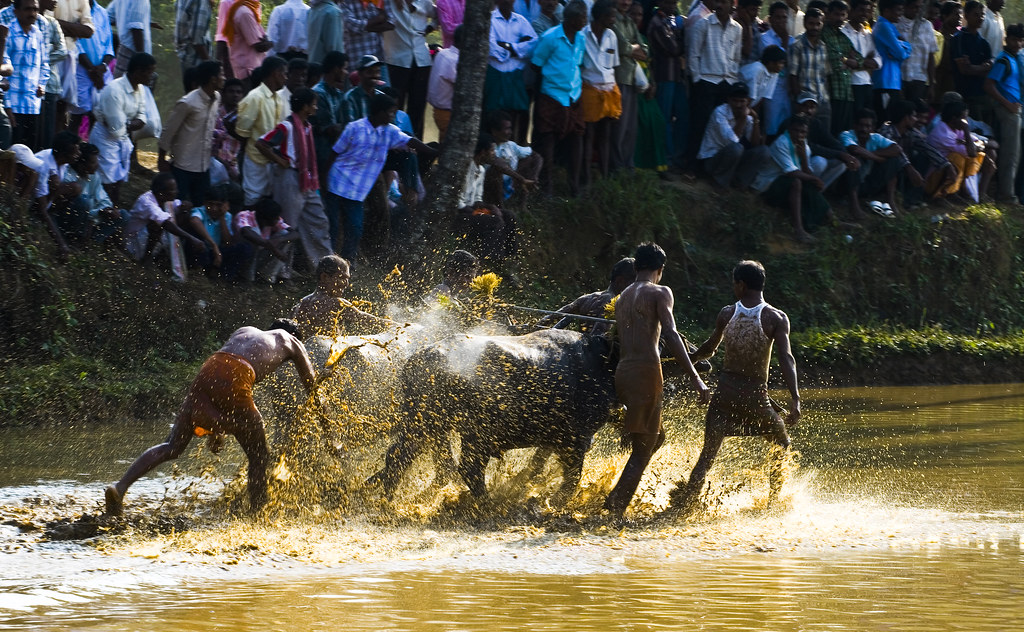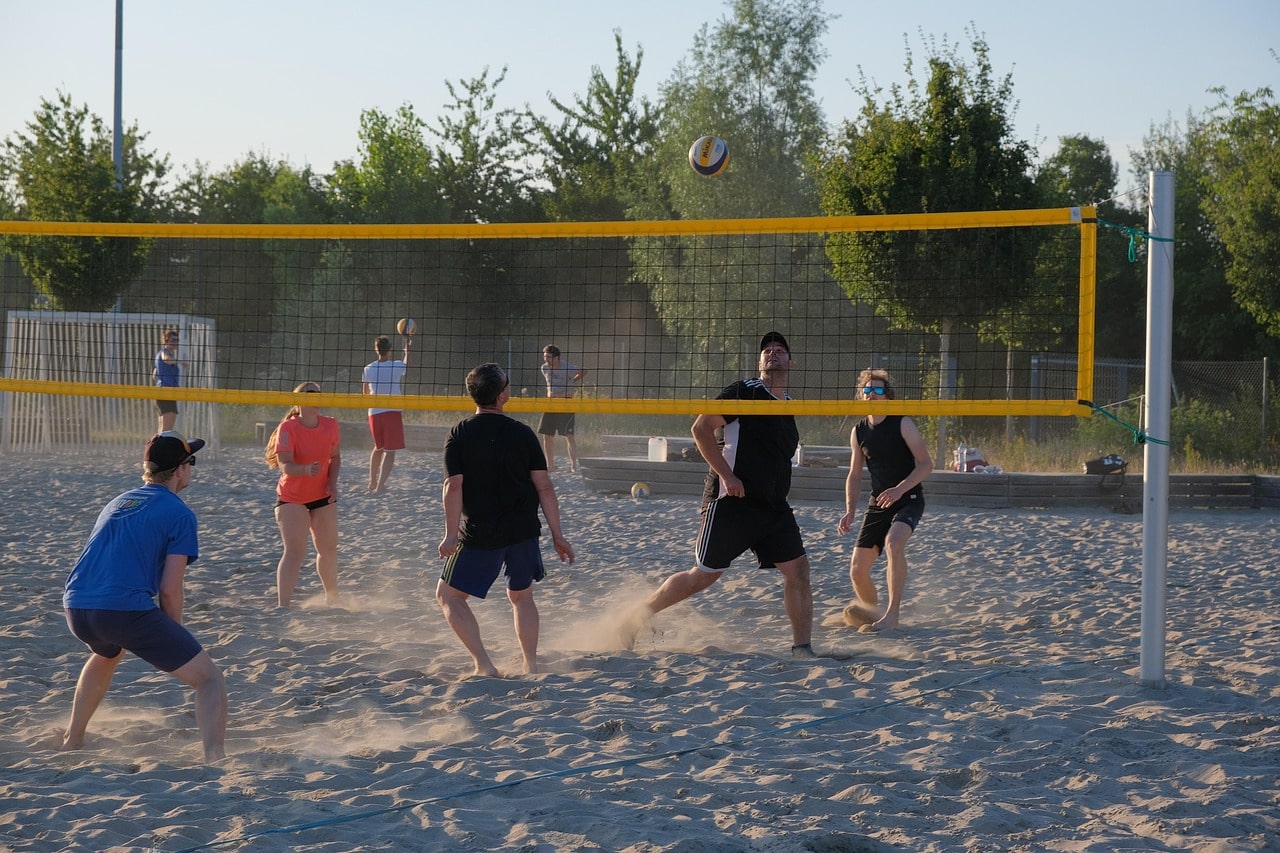Mangalore, a coastal gem in Karnataka, is known for its rich cultural heritage, vibrant festivals, and scenic beauty. One of the most exhilarating and unique traditions that captures the essence of this region is the Kambla. If you’re intrigued by traditional sports and cultural festivals, Kambla in mangalore is a spectacle that truly deserves a closer look.
What is Kambla?
Kambla is a traditional buffalo race celebrated predominantly in the rural areas of Mangalore and surrounding districts in Karnataka. The term “Kambla” is derived from the Tulu language, where “Kambla” translates to “buffalo race.” This exhilarating event is held in the fields that have been specially prepared with water, creating a muddy track that adds to the excitement and challenge of the race.
A Glimpse into History
The origins of Kambla are deeply rooted in local traditions and history. It is believed to be an ancient custom, dating back several centuries, and is associated with the harvest festival. Traditionally, it was held as a form of celebration to thank the gods for a bountiful harvest. Over time, it evolved into a competitive event that showcases not just the speed of the buffaloes but also the skill and coordination of their handlers.
The Thrill of Kambla in mangalore
The Kambla race is a high-octane event. Participants pair up their buffaloes and race down a muddy track that can be up to 200 meters long. The buffaloes are harnessed to a wooden plough or cart, and the handlers, typically skilled farmers, sprint alongside them to guide them through the course.
The track is often prepared with a mixture of water and mud, which makes the surface slippery and adds to the challenge. The speed, the splashes of mud, and the thunderous cheer of the crowd make Kambla an electrifying experience.
The Spirit of Competition
The competition in Kambla is fierce. Farmers from different villages come together to showcase their prized buffaloes and their racing skills. Each race is a display of precision, with handlers expertly maneuvering their buffaloes to gain the slightest edge over their rivals. It’s not just about speed; it’s also about synchronization and control.
Cultural Significance
Beyond the thrill of the race, Kambla holds deep cultural significance. It’s a celebration of rural life and agricultural heritage. The event fosters community spirit, with villages coming together to support their participants and celebrate their shared traditions. It’s also a way of preserving local customs and passing them down through generations.
Festive Atmosphere
The Kambla event is accompanied by various festivities. Traditional music, folk dances, and local cuisine add to the vibrant atmosphere. It’s a time when the entire community comes alive, celebrating not only the race but also their cultural identity and heritage.
Preserving the Tradition
In recent years, efforts have been made to preserve and promote Kambla. Organizations and local authorities are working to ensure that this tradition continues to thrive while adhering to modern standards of animal welfare and safety. There are also initiatives to promote Kambla as a cultural attraction, drawing visitors from across the country and even internationally.
A Spectacle Worth Experiencing
If you ever find yourself in Mangalore during the Kambla season, it’s an experience not to be missed. The adrenaline, the tradition, and the sheer joy of the event make it a memorable highlight of any visit to this region.
Kambla is more than just a race; it’s a living tradition that reflects the rich cultural tapestry of Mangalore. It’s a celebration of life, community, and the enduring spirit of rural Karnataka.
Conclusion
Kambla is a thrilling and culturally enriching experience that encapsulates the spirit of Mangalore. Whether you’re a local or a visitor, witnessing this traditional buffalo race is sure to leave you with lasting memories. Embrace the excitement, celebrate the culture, and immerse yourself in the heart of Mangalore during this unique festival. Don’t miss the chance to be a part of this extraordinary tradition!







